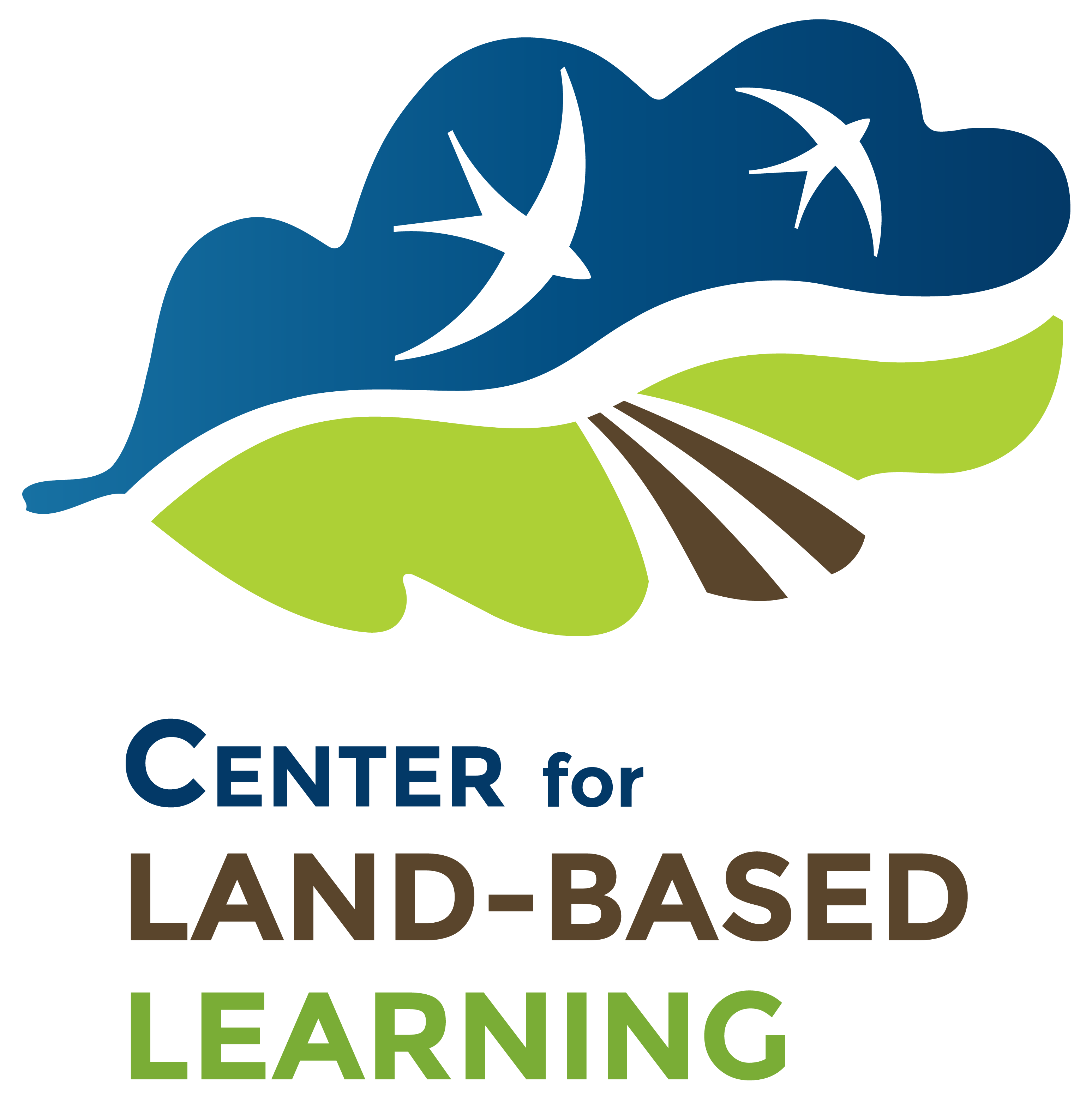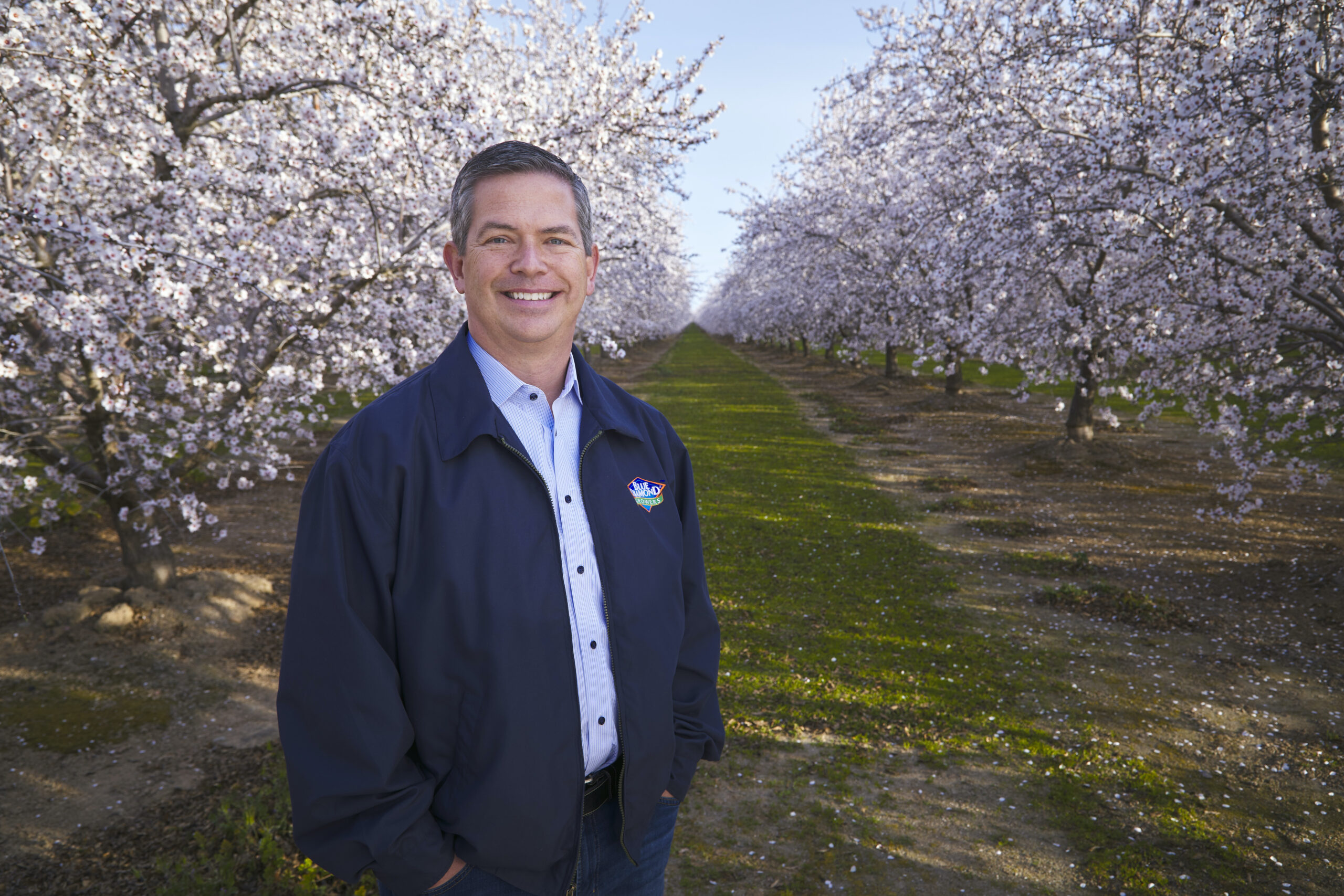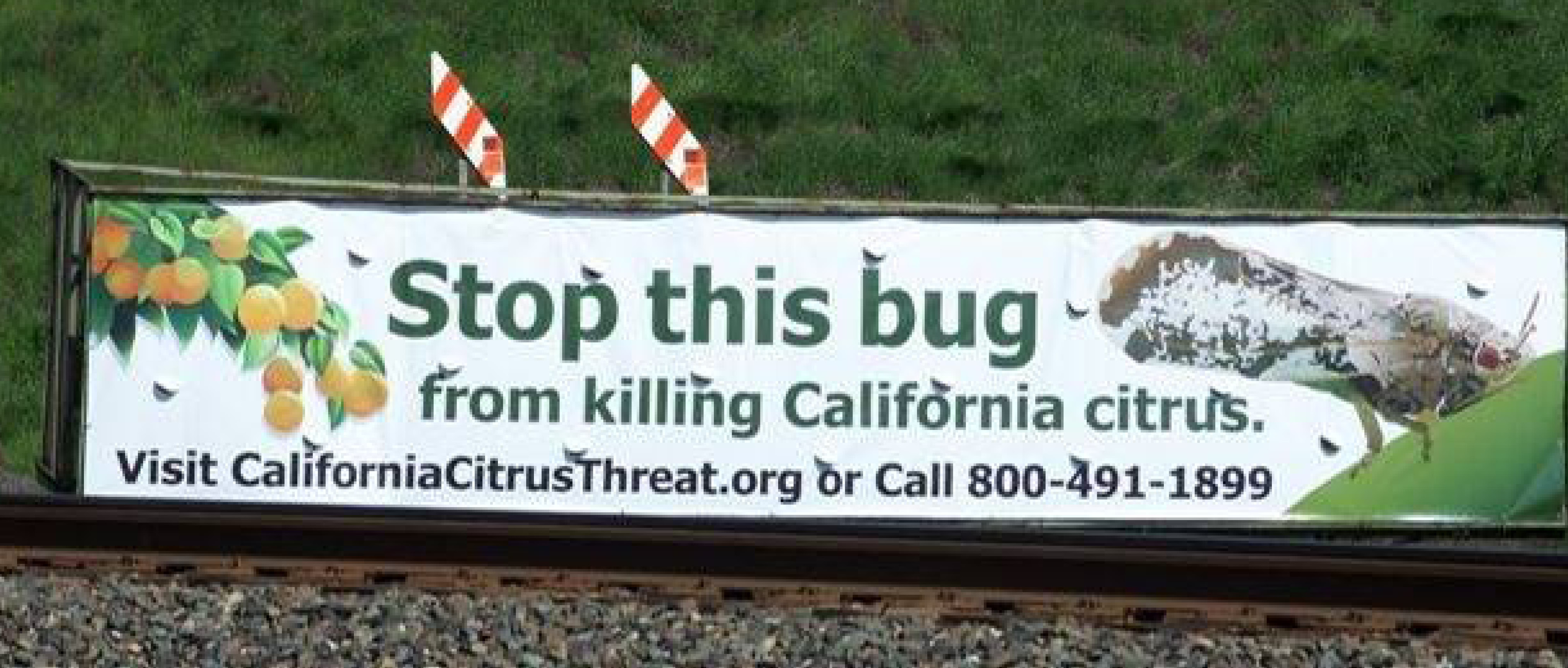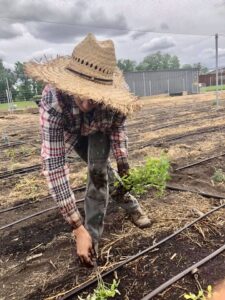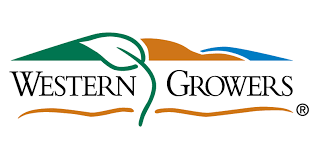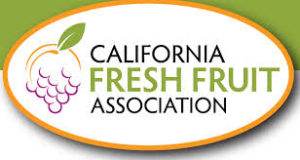Union Pacific Railroad Donates to Center for Land Based Learning
Union Pacific Helps Supports Center for Land-Based Learning’s FARMS Leadership Program
The Center for Land-Based Learning was awarded $22,000 from Union Pacific Railroad’s Community Ties Giving Program to support its San Joaquin Valley FARMS Leadership Program.
The FARMS Leadership Program, the flagship program of the Center for Land-Based Learning, introduces high school students interested in agriculture and environmental science to the college and career opportunities available in these fields. Students gain valuable knowledge by visiting farms, ranches, community gardens, agribusinesses, and colleges and universities with majors in agricultural and environmental sciences. They attend monthly field days throughout the school year to learn about possible educational and career pathways in these fields.
 Francisco Castillo, Senior Director of Public Affairs with Union Pacific Railroad, attended a virtual FARMS field day of the 2020-2021 school year over Zoom on March 26. He presented a FARMS Leadership Lesson on his own career journey, and the importance of building a personal brand and network, demonstrating his own as well as the Union Pacific commitment to workforce development in the region.
Francisco Castillo, Senior Director of Public Affairs with Union Pacific Railroad, attended a virtual FARMS field day of the 2020-2021 school year over Zoom on March 26. He presented a FARMS Leadership Lesson on his own career journey, and the importance of building a personal brand and network, demonstrating his own as well as the Union Pacific commitment to workforce development in the region.
Castillo commented, “Through our Community Ties Giving Program, we seek to make a positive impact on the communities we serve. We are especially invested in Community Spaces, Public Safety, and Workforce Development throughout our network. We are committed to STEM education – for example, the programming that the Center for Land-Based Learning provides.”
The Community Ties Giving Program has long been a supporter of the Center for Land-Based Learning. They contributed $15,000 in 2018, $20,000 in 2019, and this $22,000 in 2020 to the FARMS Leadership Program for the 2020-2021 school year.
Mary Kimball, CEO of the Center for Land-Based Learning, noted, “We are appreciative of the ongoing, significant support that the Community Ties Giving Program has provided us over the years. Our youth programs depend on the generosity of local advocates, and visionary leaders like Union Pacific know the value of investing in workforce development for the next generation.”
Participating schools in the San Joaquin Valley FARMS Leadership Program include:
Health Careers Academy, Historic Durham Ferry, and Langston Hughes Academy.

